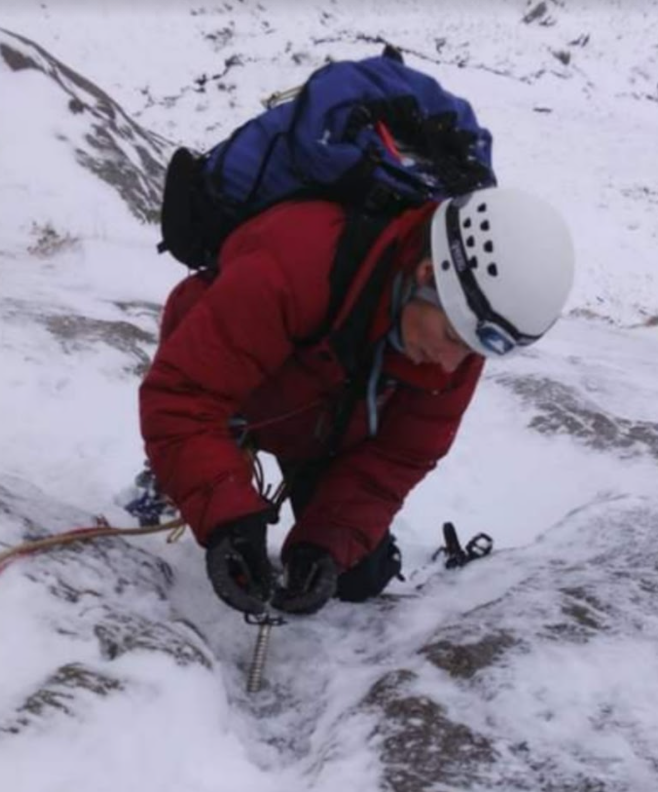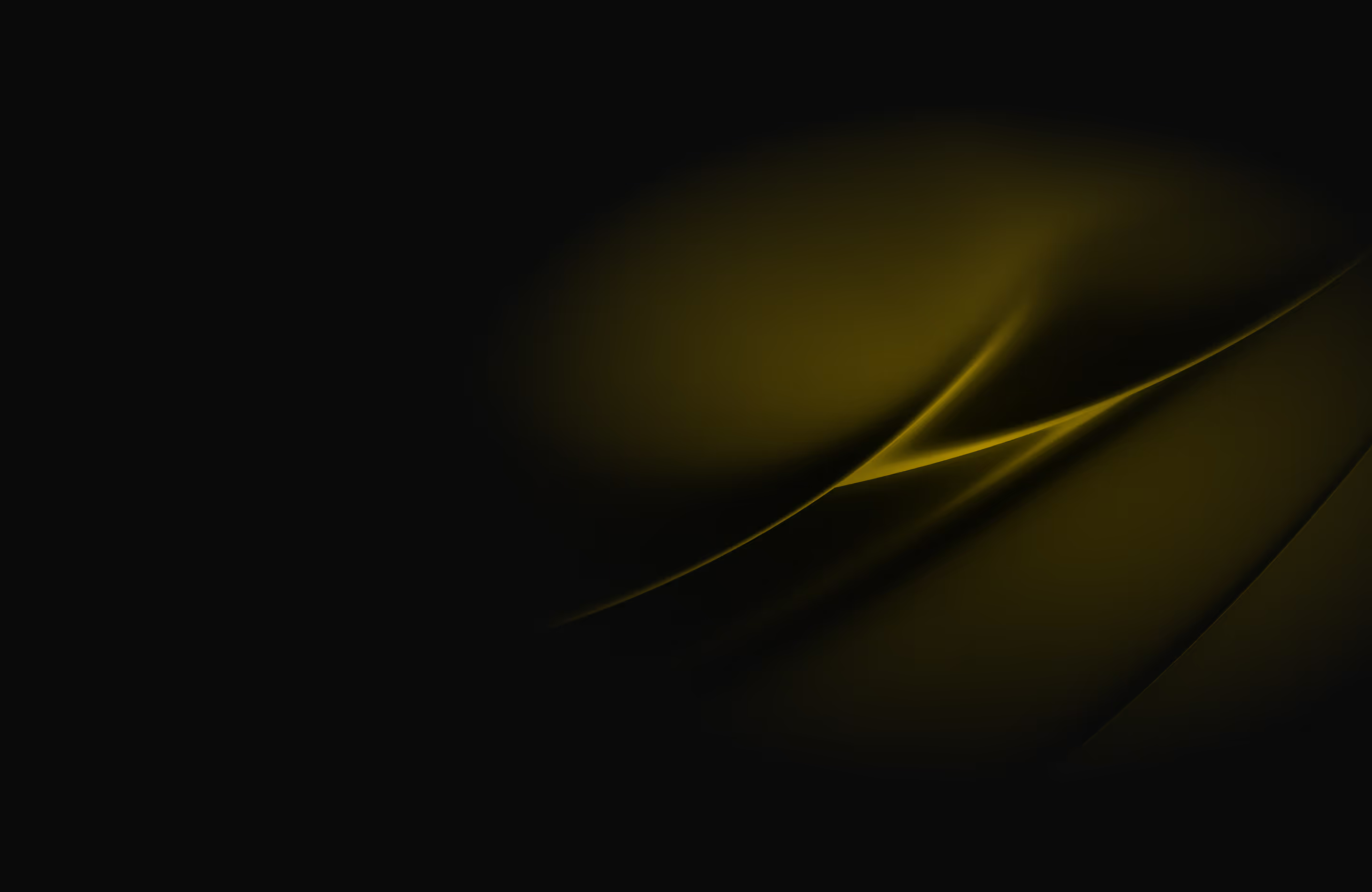Climber to Coder

My story from climber to coder (well, on the road to at least).
“Computers? Data analytics? Is that what you are really doing now?! You’ve changed!”
This is what I hear my old climbing partners say and they then continue with, “...but your passion is being outside climbing, experiences, adventures, I don’t understand?”
Let me explain how the two occupations are connected and where that sought-after ‘buzz’ now comes from. Why does someone who spent the first half of their working life being outside, teaching physical skills and continually motivating others to push into their stretch zones now quite happily will sit behind a desk and wrangle data? Ok, it's not quite that simplistic and in reality in a small company as Butterfly Data you get many opportunities to utilise all your skills collected over a lifetime, so that the two careers are actually not too dissimilar from each other.
The attraction for an outdoor enthusiast is not realised until you dare to make that leap, be brave and walk into the dark tunnel of data and just experience it for yourself…. Hang on… that's what I was asking clients to do everyday in the adventure environment.
When you climb you open the guide book, choose the right level based on your experience, and research the route, but it's not until you climb the route, possibly falling off a few times that you can really understand how to achieve it. Once you’ve done it you want to go back to see if you can refine the method, make it feel easier, and often change the technique. In coding it's the same, you can learn from a course or read the user stories to see what is required but it's not until you write it yourself, often making mistakes and getting error messages, that you truly understand how to solve the problem and inevitably get that ‘buzz’ at the end.
So the difference between climbing and coding is a physical one obviously but what is great about coding is that if you make an error it won't end up in a trip to A&E. Though, a physical failure on both topics (admittedly physical in the term of coding is more 2 dimensional) will also spark an emotional response and providing you are in a growth mindset at that time and you are enduring in your quest it can be utilised as a great motivational tool.
So, if you enjoy looking at a climbing route and methodically working out all the intricacies, the side pulls, finger jams, bridging, smearing and flagging and then have the tenacity to keep on going to solve the problem, not being beaten by successive failures, then you might just enjoy data analytics and the coding that goes with it. On the flip side, if you already understand the passion of data and are deep in your coding journey then see if you can step out of your comfort zone, go to a climbing wall and apply your analytical mind to the art of climbing.
I believe passion is an emotional connection with your subject gained through exposure, curiosity and complete immersion, so when people ask what is your passion then we’re often stumped as we feel we have to commit to a certain longevity on this. Add a ‘right now, this week’ onto the end of the sentence and it suddenly becomes easier to answer. Had you asked me 20 years ago, I would surely have said climbing, but ask the same question today and I would have to say data, coding and learning new software. In reality the two things that both of these have in common for me is ‘problem solving’ and that is where the connection between these two life choices lie.
Ready to transform your data?
Book your free discovery call and find out how our bespoke data services and solutions could help you uncover untapped potential and maximise ROI.

